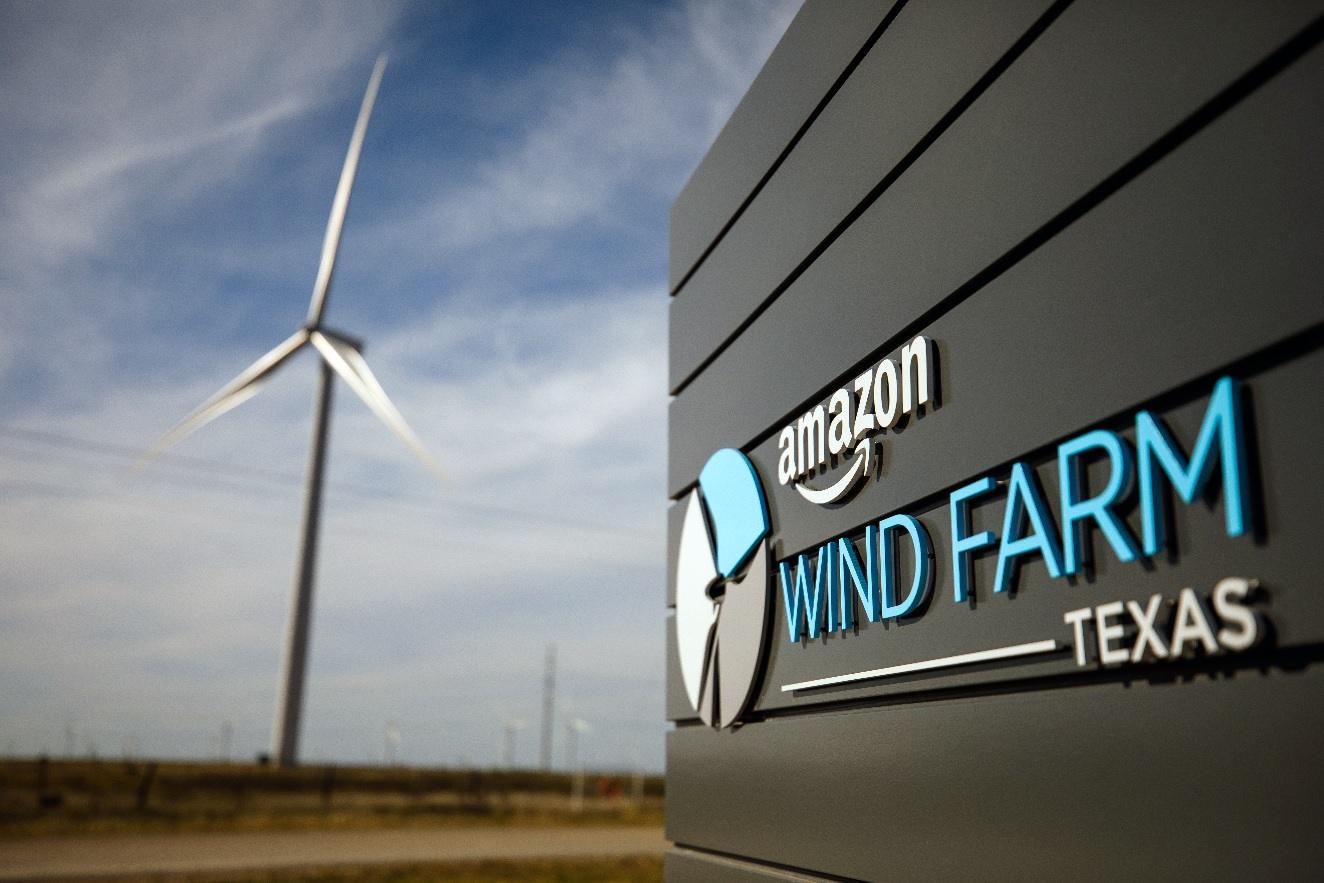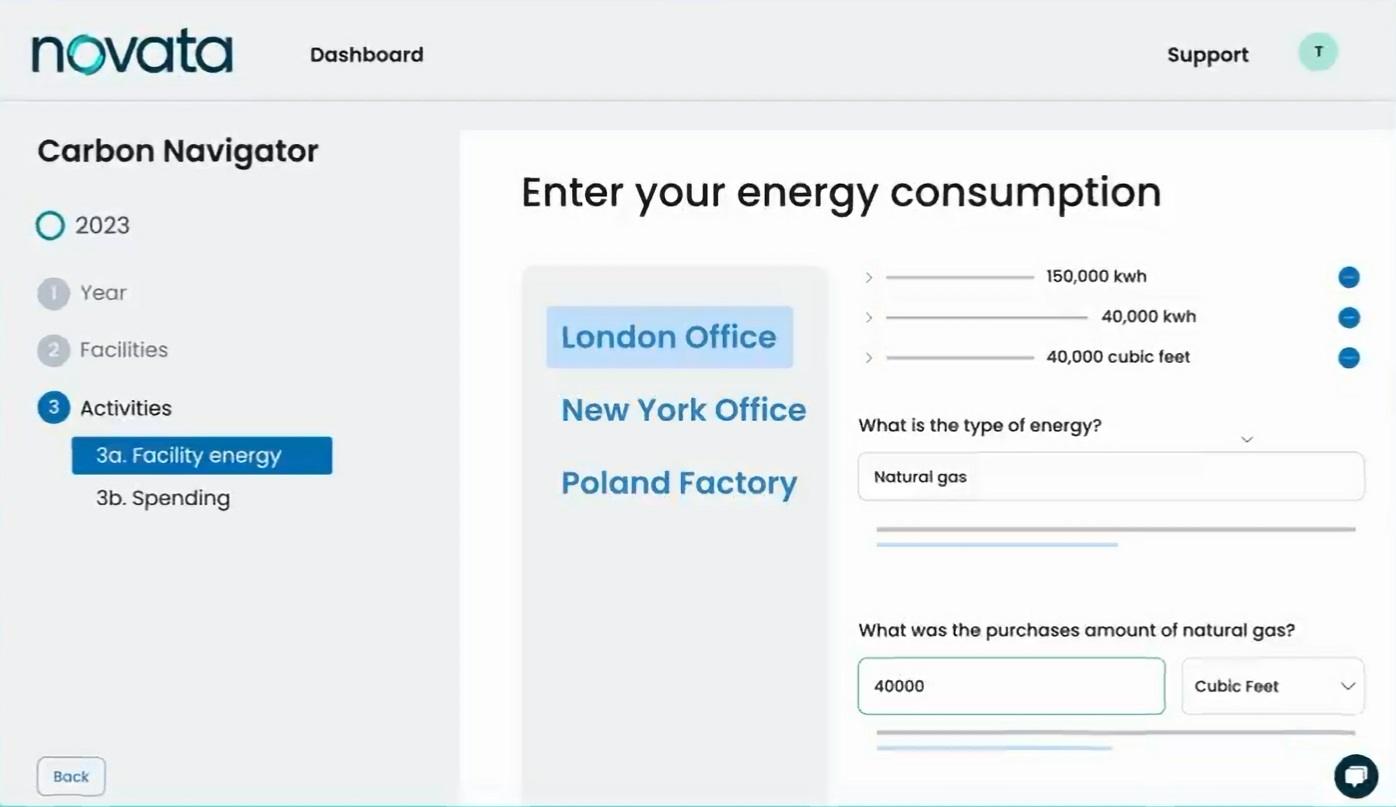EU’s Expert Advisory Panel Opposes Gas, Nuclear Inclusion in Green Taxonomy
The EU Platform on Sustainable Finance, an expert group of the European Commission tasked with advising it on the development of sustainable finance policies released a series of recommendations strongly opposing the proposed inclusion of gas and nuclear energy in the EU Taxonomy classification system identifying green economic activities.
The Platform’s recommendations were made as part of the group’s response to the Commission’s draft Complementary Delegated Act exploring the inclusion of gas and nuclear in the Taxonomy under certain circumstances. In it’s response, the Platform warns that the proposals risk undermining the sustainable Taxonomy framework, and would include criteria for activities not aligned with Europe’s environmental goals.
The EU Taxonomy is part of the EU Action Plan on Sustainable Finance, established by the EU Technical Expert Group on Sustainable Finance’s (EU TEG). The taxonomy is a classification system enabling the categorization of economic activities that play key roles in contributing to at least one of six defined environmental objectives and no significant harm done to the other objectives.
The EU Taxonomy regulation went into effect at the beginning of this year, following the approval of the EU Taxonomy Climate Delegated Act (CDA), starting with the first two objectives, climate change mitigation, climate change adaptation, although the assessment of gas and nuclear energy as eligible areas for green investment remained ongoing.
Earlier this month, the European Commission announced that consultations have begun on the inclusion of gas and nuclear energy as green investment areas under the EU Taxonomy classification system. While the commission said that these energy sources would only be classified in the Taxonomy under tight conditions, such as requiring gas to come from renewable sources or have low emissions by 2035, lawmakers from some member states, such as Germany and Austria, objected strongly to their inclusion, and sustainable investment groups warned of challenges the inclusion of gas would create for investors as they aim to channel capital towards environmentally sustainable activities.
While gas and nuclear energy are often viewed as transition energy sources that will be required to facilitate the shift from fossil-based power to a greener energy system, the panel points out that the “green Taxonomy was not intended to include every activity in the economy, in particular energy activities that must transition because emissions are currently too high or significant harm is present.”
While the Taxonomy regulation has a place for “Transitional Activities,” it only allows inclusion for activities along strict criteria, such as making a substantial contribution to mitigation objectives and ensuring no significant harm.
Under the draft, the expert group notes that the criteria for gas and nuclear do not meet these thresholds. For gas, the group states that some of the criteria “allow GHG emissions above the Do No Significant Harm level,” and may not “ensure substantial contribution to climate change mitigation by the investable asset, consistent with limiting warming to 1.5 degrees.” While the panel notes that “nuclear energy is already part of the transitioning energy system and has near to zero GHG emissions…this does not make the activity green and sustainable for Taxonomy purposes,” noting problems including contravening ‘do no harm’ rules for circular economy, pollution prevention and water and marine Taxonomy objectives, potential long-term problems from managing nuclear waste, among others.
In order to help facilitate a just energy transition, the Platform said that it will respond to a request from the Commission for an extended Taxonomy, with the development of broader categories, including an intermediate “Amber” performance category, and an “unsustainable” category. According to the Platform, “this work involves opportunities and proposes ways in which important transitions that are not yet green could be supported, including more of the economy under a broader Taxonomy approach.” For gas in particular, the panel notes that “a future extended taxonomy recognising intermediate performance… could be a useful tool to accelerate investment and improve emissions performance, but only as part of an extended taxonomy beyond green.”
The final Platform proposal including the extended Taxonomy beyond green is expected to be published in the coming weeks.
Click here to view the Platform’s response.





